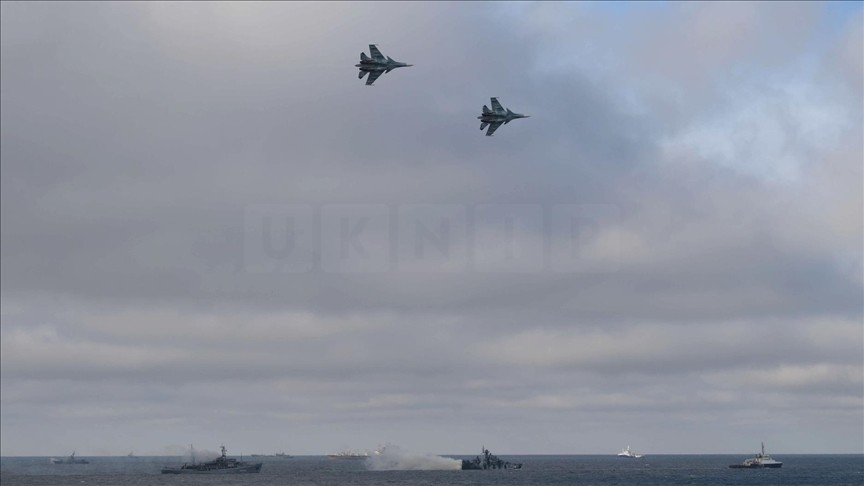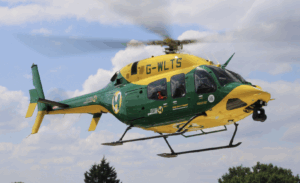Russia announced on Sunday that it intercepted two American strategic bombers approaching its border over the Barents Sea. The Russian Defense Ministry stated that the country’s airspace control systems detected a group of aircraft nearing Russian airspace, prompting the dispatch of a MiG-31 fighter jet to identify and ward off the approaching aircraft.
“The Russian fighter crew identified the aerial target as a pair of US Air Force B-1B strategic bombers,” the ministry’s statement said.
As the Russian fighter jet approached, the strategic bombers reportedly adjusted their flight course and subsequently returned to their home airfield without further incident.
The Russian Defense Ministry emphasized that there was no violation of Russia’s state border. It further noted that the maneuvers carried out by the Russian fighter jet adhered strictly to international rules governing the use of airspace over neutral waters and complied with all necessary safety measures.
The incident highlights ongoing tensions between Russia and the US, particularly in the sensitive Arctic region where both nations maintain significant military presence and strategic interests.
As of now, US authorities have not commented on the incident.
This encounter comes amid a series of similar incidents in recent years, reflecting the heightened military activities and vigilant defense postures adopted by both nations. The Barents Sea, part of the Arctic Ocean, is strategically important and has been a hotspot for military maneuvers by both Russian and NATO forces.
Background:
The B-1B Lancer bombers are long-range, multi-mission aircraft that serve as the backbone of America’s long-range bomber force. They are capable of carrying the largest payload of both guided and unguided weapons in the US Air Force inventory.
The MiG-31 is a supersonic interceptor aircraft that has been part of the Russian Air Force since the 1980s. Known for its speed and ability to operate in all weather conditions, the MiG-31 is designed to intercept and destroy enemy aircraft at high altitudes.
Global Reactions:
This interception is likely to draw reactions from international observers and allies, who monitor such interactions closely due to their implications for global security and stability. Both nations have conducted similar intercepts in the past, often framing them as routine measures to protect their respective airspaces.
Conclusion:
While the incident concluded without a breach of airspace or escalation, it underscores the importance of maintaining clear communication and adherence to international airspace regulations to prevent misunderstandings and potential conflicts.


































